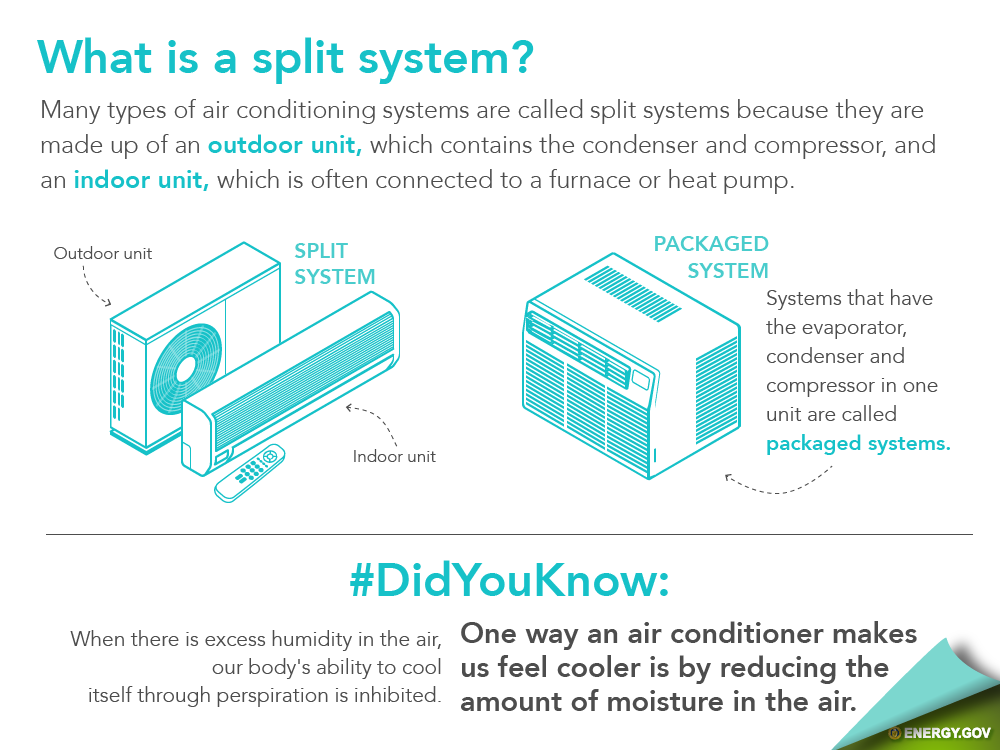The Future Of Home Home Heating - Exactly How Heatpump Technology Is Developing
The Future Of Home Home Heating - Exactly How Heatpump Technology Is Developing
Blog Article
Article Author-Skaaning Kaae
Heatpump will be a critical technology for decarbonising heating. In https://www.businesswire.com/news/home/20210216005841/en/Balfour-Beatty-Communities-Named-2020-Motili-Carbon-Reduction-Champion with federal governments' announced energy and climate dedications, their worldwide capacity increases by 2030, while their share in heating rises to one-quarter.
They function best in well-insulated homes and rely on electrical energy, which can be supplied from a renewable power grid. Technological breakthroughs are making them much more reliable, smarter and less expensive.
Fuel Cells
Heat pumps utilize a compressor, cooling agent, coils and followers to relocate the air and warmth in homes and home appliances. They can be powered by solar energy or electricity from the grid. They have been getting popularity as a result of their affordable, quiet operation and the capability to create electrical energy throughout peak power need.
Some business, like IdaTech and BG MicroGen, are working on fuel cells for home heating. These microgenerators can replace a gas central heating boiler and create several of a residence's electrical demands with a link to the electrical power grid for the rest.
However there are reasons to be doubtful of using hydrogen for home heating, Rosenow states. It would certainly be expensive and inefficient compared to other modern technologies, and it would certainly add to carbon exhausts.
Smart and Connected Technologies
Smart home innovation allows property owners to attach and manage their gadgets from another location with using smartphone apps. As an example, smart thermostats can discover your heating choices and instantly get used to optimize power usage. Smart illumination systems can be controlled with voice commands and automatically switch off lights when you leave the space, decreasing energy waste. And smart plugs can monitor and manage your electrical use, allowing you to identify and restrict energy-hungry devices.
The tech-savvy home shown in Carina's meeting is an excellent illustration of exactly how passengers reconfigure space home heating techniques in the light of new clever home modern technologies. They rely upon the devices' automated features to carry out daily modifications and regard them as a convenient methods of performing their heating practices. As such, they see no factor to adapt their practices further in order to enable versatility in their home energy demand, and treatments aiming at doing so might encounter resistance from these families.
Power
Considering that warming homes accounts for 13% of US discharges, a button to cleaner options could make a large difference. Yet the technology faces challenges: It's pricey and needs considerable home remodellings. And it's not constantly suitable with renewable resource sources, such as solar and wind.
Until just recently, electrical heat pumps were also costly to compete with gas versions in most markets. Yet brand-new developments in layout and products are making them more budget-friendly. And much better chilly environment performance is enabling them to operate well even in subzero temperature levels.
The next action in decarbonising heating may be making use of warmth networks, which draw warmth from a central source, such as a close-by river or sea inlet, and disperse it to a network of homes or buildings. That would minimize carbon exhausts and enable houses to make the most of renewable resource, such as green power from a grid supplied by renewables. This choice would certainly be less expensive than switching over to hydrogen, a fossil fuel that calls for new infrastructure and would just minimize CO2 exhausts by 5 percent if paired with boosted home insulation.
Renewable resource
As electricity prices go down, we're beginning to see the exact same fad in home heating that has driven electrical autos into the mainstream-- yet at an even faster pace. The solid environment instance for impressive homes has actually been pushed better by new study.
Renewables represent a significant share of modern-day warm consumption, but have been provided limited policy interest internationally contrasted to other end-use fields-- and even much less interest than electrical energy has. In part, this shows a mix of consumer inertia, divided motivations and, in several nations, aids for fossil fuels.
New technologies can make the shift simpler. For instance, heatpump can be made more energy efficient by changing old R-22 cooling agents with brand-new ones that don't have the high GWPs of their predecessors. Some specialists also picture district systems that attract warmth from a nearby river or sea inlet, like a Norwegian arm. The warm water can after that be made use of for heating & cooling in a neighborhood.